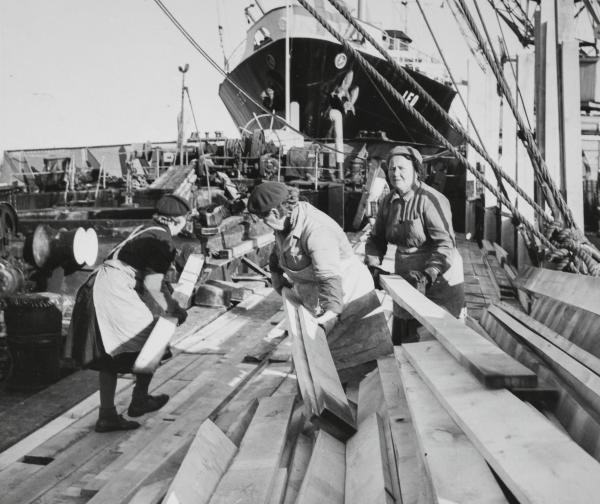The history of the lives and agency of women workers is becoming ever more prominent within labour history, often with both a feminist and a global perspective. It can even be argued that feminist labour history has been a major driving force in the transformations of Nordic labour history in the last 10-15 years, including for example: opening up the field of research beyond formal organisations and institutions, expanding the ideas of what counts as labour, and what constitutes a worker and a workplace, paying closer attention to biographical trajectories and exploring collective biographies, moving across and beyond national borders as well as other constructed demarcations. This is trend that has also occurred in other regions of the world within the field of labour history. We welcome papers dealing with women’s working lives and forms of (labour) organisation as well as feminist and intersectional perspectives on topics relating to the history of the lives and labour of working people.
Coordinators: Nina Trige Andersen, journalist & historian (nina.trige.andersen[at]gmail.com); Silke Neunsinger, The Swedish Labour Movement’s Archives and Library (silke.neunsinger[at]arbark.se)

